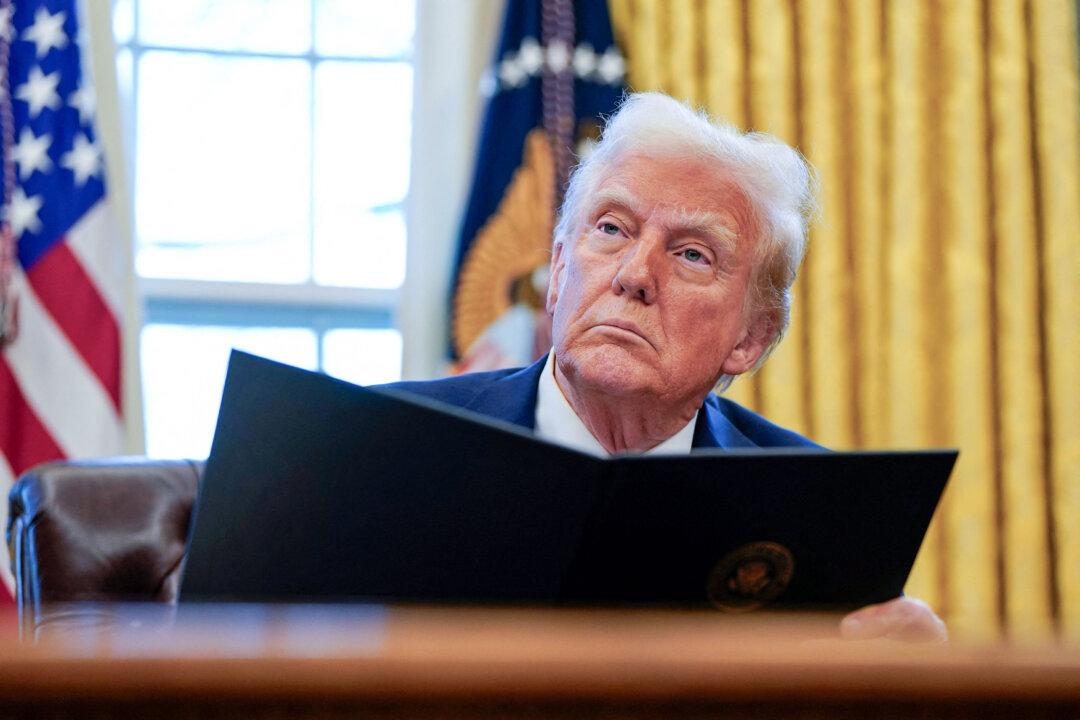President Donald Trump issued a proclamation on Jan. 31 recognizing February as Black History Month to honor the contributions of “black American patriots who have indelibly shaped our Nation’s history.”
“Throughout our history, black Americans have been among our country’s most consequential leaders, shaping the cultural and political destiny of our nation in profound ways,” Trump said in his proclamation.





